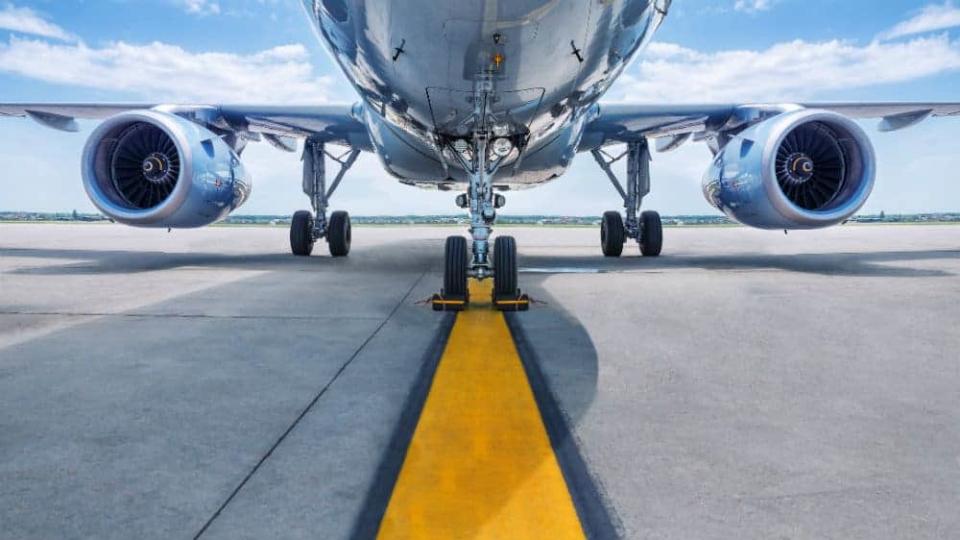Is It Finally Time to Sell Air Canada (TSX:AC) Stock?

Air Canada (TSX:AC)(TSX:ACB) has been one of the best-performing TSX stocks over the past few years. Rising nearly 4000% over a seven year period, it has seen returns that are practically unheard of for large blue chip companies. At its lowest, Air Canada traded for as little as $0.82. Today, it’s worth over $30. If you’d invested $10,000 in Air Canada five years ago, you’d have $50,000 sitting in your brokerage account today. And that’s not even buying at the lowest point this stock has been in 10 years!
That said, Air Canada’s Q4 and full-year 2018 results had some serious areas of concern that investors should know about. Between large net losses and concerns over rising fuel costs, it’s possible that this stock’s triumphant rise is at an end. To understand why, we need to look at those Q4 and fiscal 2018 results in detail.
Q4 and full-year 2018 results
Air Canada’s Q4 and full-year 2018 results were a mix of good and bad. On the one hand, in Q4, the company did grow its revenue from $3.8 billion to $4.2 billion. On the other hand, the net income situation was decidedly bad, with a $231 million after tax loss. To be fair, a $231 million loss on $4.2 billion in sales is tiny as a percentage of revenue. All it would take would be a little drop in fuel prices to swing the company back to profits. Unfortunately, it looks like fuel prices are going to be a curse rather than a blessing for this company going forward.
The effect of rising fuel prices
In Q4, Air Canada’s fuel cost rose from $0.67 to $0.84 per litre. That’s a more than 20% increase, enough to eat into the company’s margins considerably. Fuel is one of the main recurring costs for airlines, and the more its price goes up, the thinner the airlines’ margins get. Worldwide, jet fuel prices are on the rise. As of March 15, they were up 3.6% year-over-year for the North America region. The more that figure grows, the bigger Air Canada’s costs and the lower the chances of it swinging back to profitability in its next quarter.
Is Air Canada a sell?
For momentum investors, it’s hard not to look at Air Canada and salivate. After all, how often does a huge, established company go on a several thousand percentage point bull run in a relatively short timeframe? Unfortunately, Air Canada has a lot more risk factors now than in years past. While Air Canada was on its meteoric rise, it enjoyed the full benefit of low jet fuel prices, which helped its profit margins and ultimately its bottom line earnings. With that situation beginning to reverse, the company may not have such an easy time of it going forward.
More reading
2 Dividend Stocks I'm Buying With My $6,000 TFSA Contribution
Millennials: How to Retire With $750,000 In Your TFSA or RRSP
This Tiny Marijuana Stock Is a Better Bet Than Tilray (NASDAQ:TLRY) or Canopy Growth (TSX:WEED)
Aurora Cannabis (TSX:ACB) Is Soaring High: This Is Why You Should Avoid it
Fool contributor Andrew Button has no position in any of the stocks mentioned.
The Motley Fool’s purpose is to help the world invest, better. Click here now for your free subscription to Take Stock, The Motley Fool Canada’s free investing newsletter. Packed with stock ideas and investing advice, it is essential reading for anyone looking to build and grow their wealth in the years ahead. Motley Fool Canada 2019

 Yahoo Finance
Yahoo Finance 